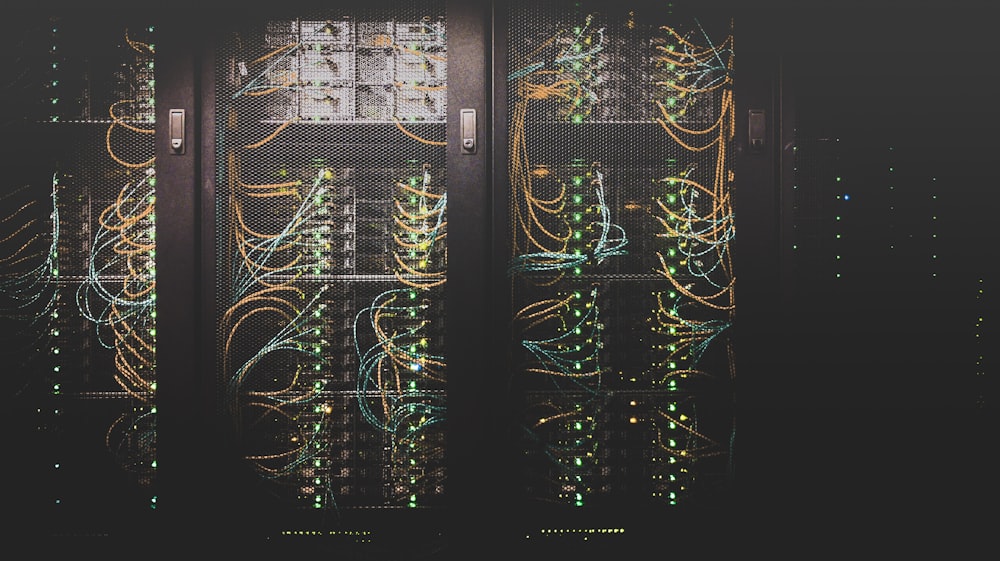So Redis bought Decodable, and honestly? About fucking time. Anyone who's tried to give AI agents persistent memory knows it's a nightmare. You can't just dump everything into a regular database—too slow. And Redis clustering? Don't get me started on that configuration hellscape.
Eric Sammer's Decodable team built something that actually works for real-time data streaming without making you want to throw your laptop out a window. I've spent way too many late nights debugging custom pipelines that should've been simple, and if this acquisition means I never have to write another Kafka connector from scratch, I'm here for it.
The timing makes sense. Every company is trying to build AI agents right now, and they all hit the same wall—these things need to remember stuff and react to real-time data. Traditional databases are too slow, and building your own streaming infrastructure takes months.
Why AI Agents Keep Forgetting Shit
Here's the thing nobody tells you about building AI agents: they have the memory of a goldfish unless you architect it properly. I learned this the hard way building a customer service bot that forgot customer context every 5 minutes. Turns out you can't just shove everything into PostgreSQL and expect sub-millisecond lookups.
Traditional databases are fine for CRUD apps, but AI agents need memory management that's both fast and persistent. They need to remember previous conversations, user preferences, and context from multiple interactions simultaneously. They also need real-time data—if a customer just cancelled their subscription, the agent better know about it immediately, not after the nightly batch job runs.
The "agent memory problem" is real. I've debugged this scenario a bunch of times: agent gives perfect responses in testing, then in production it's like talking to someone with amnesia because the context lookup takes 200ms and the agent times out.
Redis for AI applications solves this by keeping frequently accessed data in memory, but you need proper memory optimization strategies. The Redis Agent Memory Server handles both conversational context and long-term memories, which is exactly what most AI agents need.
LangCache: Actually Useful Caching (Maybe)
Redis also dropped LangCache, which is supposed to cut your OpenAI bills by 70%. Yeah, I've heard that before. But honestly, if it works even half as well as they claim, it'll save me from explaining to management why our LLM costs went from $500 to $5000 in two weeks.
The idea is solid—instead of hitting OpenAI's API every time someone asks "How do I reset my password?" in 47 different ways, LangCache uses semantic caching to figure out these are basically the same question and serves the cached response. Traditional caching would miss this because the exact strings don't match.
Semantic caching works by comparing the meaning of queries rather than exact text matches. Even Microsoft is using this approach with Azure Managed Redis for similar cost reduction benefits.
Here's what they're claiming:
- Massive cost reduction (they say around 70%, but I'll believe it when I see the invoice)
- Way faster responses for cache hits (maybe 10-20x faster if you're lucky)
- Semantic matching (so "reset password" = "forgot password" = "can't log in")
The semantic part is where this could actually be useful. Regular Redis caching only works with exact matches, so you end up with cache miss rates that make you question your life choices.
Framework Integrations That Might Actually Work
They're also rolling out integrations with the usual AI framework suspects:
- AutoGen: Finally, a way to use Redis as agent memory without writing 200 lines of boilerplate
- Cognee: Handles the summarization/reasoning stuff automatically (assuming it doesn't break)
- LangGraph: Persistent memory that supposedly won't randomly forget everything after a restart
Look, I've built enough "agent memory systems" from scratch to know this is useful. Every time I start a new AI project, I spend the first week writing the same Redis memory wrapper. These integrations promise to save a ton of repetitive bullshit, and Redis has decent documentation for implementing agent memory patterns.
Performance Improvements That Actually Matter
Hybrid Search
They added Reciprocal Rank Fusion, which sounds fancy but basically means better search results when you're mixing text and vector queries. Useful if your agent needs to search through both documents and embeddings simultaneously.
Vector Quantization
int8 quantized embeddings—saves a lot of memory and speeds up search. This actually helps with the embeddings storage costs that sneak up on you. I've seen vector databases eat through RAM like it's free.
The memory improvements are probably real. Redis was already fast, but if you're storing millions of embeddings, the memory reduction could add up to actual money savings in cloud hosting.
